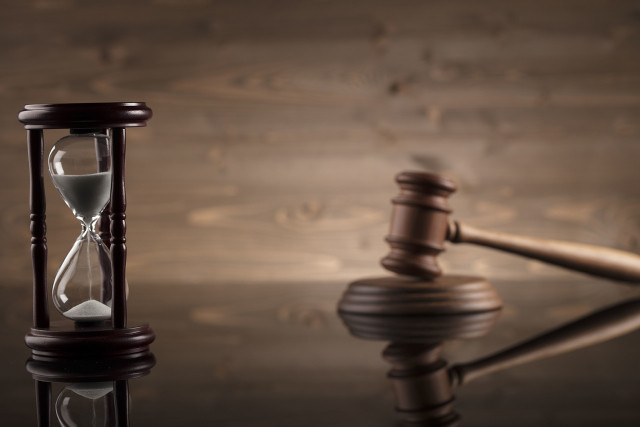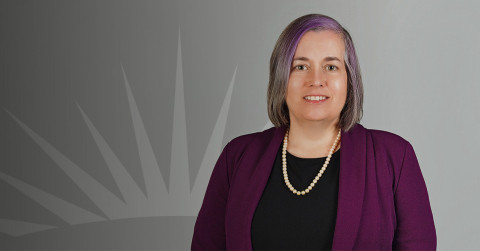
The Impact of COVID-19 on Statutes of Limitations
One of the jarring results of the COVID-19 pandemic has been disruption to the rhythm of our daily lives. Routines, regular activities and traditions have all changed as the result of imposed restrictions, personal safety choices and a mixture of both.
In the insurance industry, actuaries and other professionals who rely on patterns such as claim reporting lags and loss development factors are now working to understand how emergency declarations, temporary court closures and changes in insured behavior have impacted these patterns. In this blog, I’ll highlight specifically how changes to statutes of limitations because of the COVID-19 pandemic may affect reporting of medical professional liability claims.
Statutes of limitations (SOLs) are defined by the Legal Information Institute as “[a]ny law that bars claims after a certain period of time passes after an injury” (https://www.law.cornell.edu/wex/statute_of_limitations). SOL laws provide a maximum limit on the length of time certain claims can be reported.
SOLs generally have less effect in short-tailed lines such as personal auto liability, but come into play for lines of business where injuries can take significant time to manifest, such as medical professional liability or workers’ compensation. Generally, SOLs provide a level of certainty for insurers as to when claims will stop coming in.
In approximately half of US states, however, executive orders related to the COVID-19 pandemic have specifically tolled, or delayed, the time period covered by SOLs. That means that for a certain period of time, claims that would have been considered “expired” can still be brought against a healthcare provider.
In some states, the tolling orders lasted only for the initial months of the pandemic (such as Georgia or Ohio) or expired prior to the end of 2020 (such as in California). Other states such as New York and Kansas, however, have continued to toll statutes of limitations. In New York’s case, the delay is for an indefinite period of time. For the states tolling SOLs, the COVID-19 pandemic has effectively lengthened the amount of time that patients have to bring a claim against a physician or healthcare organization.
From an actuarial perspective, these extensions have several implications.
First, under tolled SOLs, policy or report years that would have previously been considered closed may still have the potential for new claims. As illustration, the State of Nevada has a strict limit of three years on medical professional liability claims. Under normal circumstances, claims that occurred in 2017 would not be reported after January 1, 2021. But since the statute of limitation continues to be tolled during Nevada’s declared public health emergency, potential remains for these claims to be brought in a suit.
A second consideration is the use of benchmarks. Actuaries generally use benchmark patterns based on historical data, but these historical benchmarks will not reflect the anomaly of 2020 or the tolling of SOLs. Hence, actuaries will need to be cognizant when relying on historical data and patterns to understand how this data differs from the current environment.
In addition, since many patients have delayed care and elective procedures during the pandemic (per the Centers for Disease Control and Prevention website), remaining claimants from prior years may be in worse physical condition and require more care than would otherwise be expected.
Actuaries are experienced in working with data and drawing conclusions based on hard numbers, but we are also trained in being aware of other relevant and important circumstances and variables including the social, legislative and judicial environments in which our analyses function.
Now as much as ever, actuaries need to strap on our professional tool belts and get to work with the data to gain the insights that allow us to face COVID-19 related uncertainty and challenges.
Sources:
- https://www.nolo.com/legal-encyclopedia/nevada-medical-malpractice-laws.html *source of Nevada statute of limitations
- https://www.expertinstitute.com/resources/insights/the-impact-of-covid-19-on-statutes-of-limitations/
- https://www.kscourts.org/About-the-Courts/Court-Administration/OJA/Kansas-Courts-Response-to-Coronavirus-(COVID-19) Kansas statute of limitation extensions
- https://www.nolo.com/legal-encyclopedia/what-happens-to-court-deadlines-and-statutes-of-limitations-during-the-coronavirus-outbreak.html *NYS has tolled all statutes of limitations indefinitely



